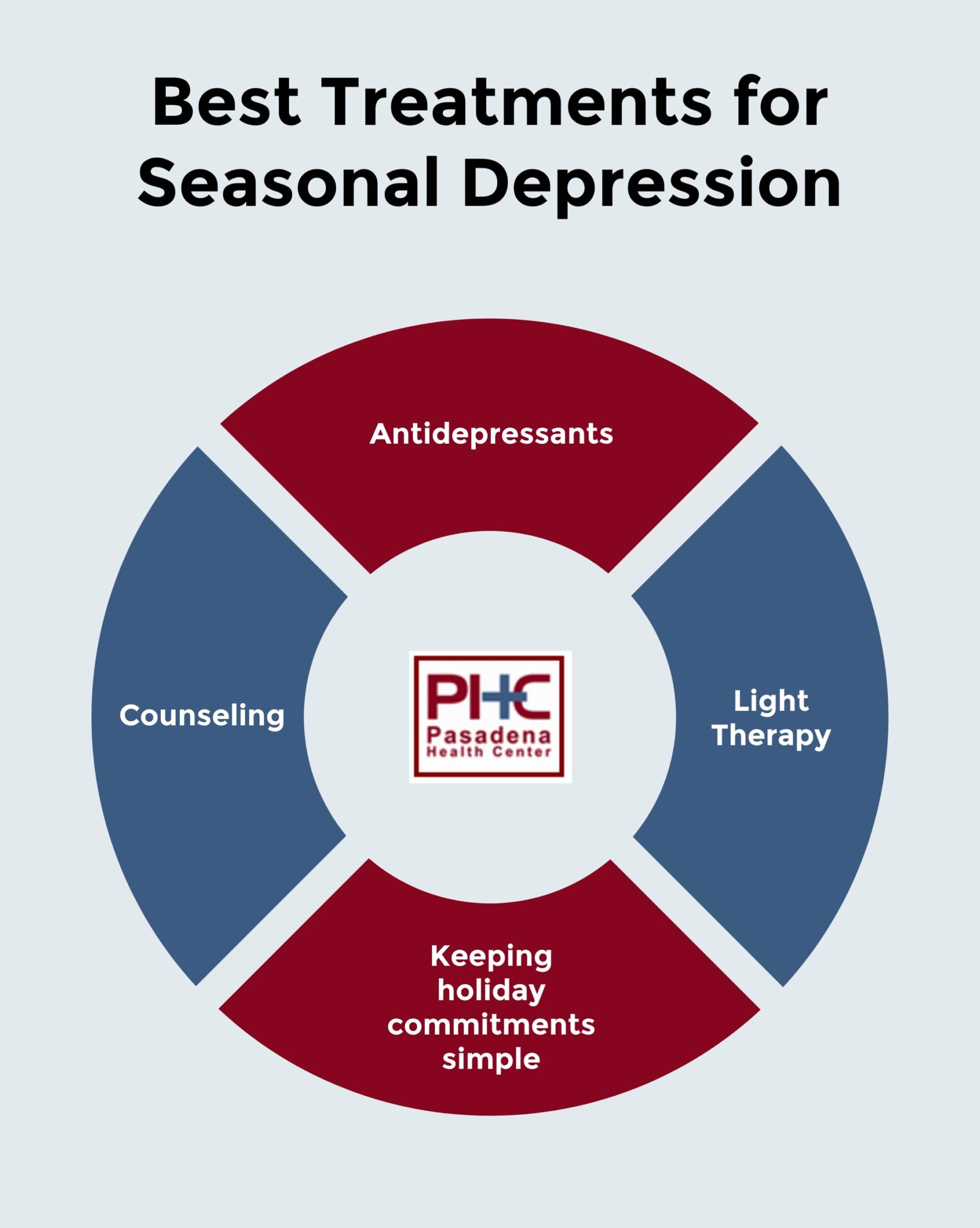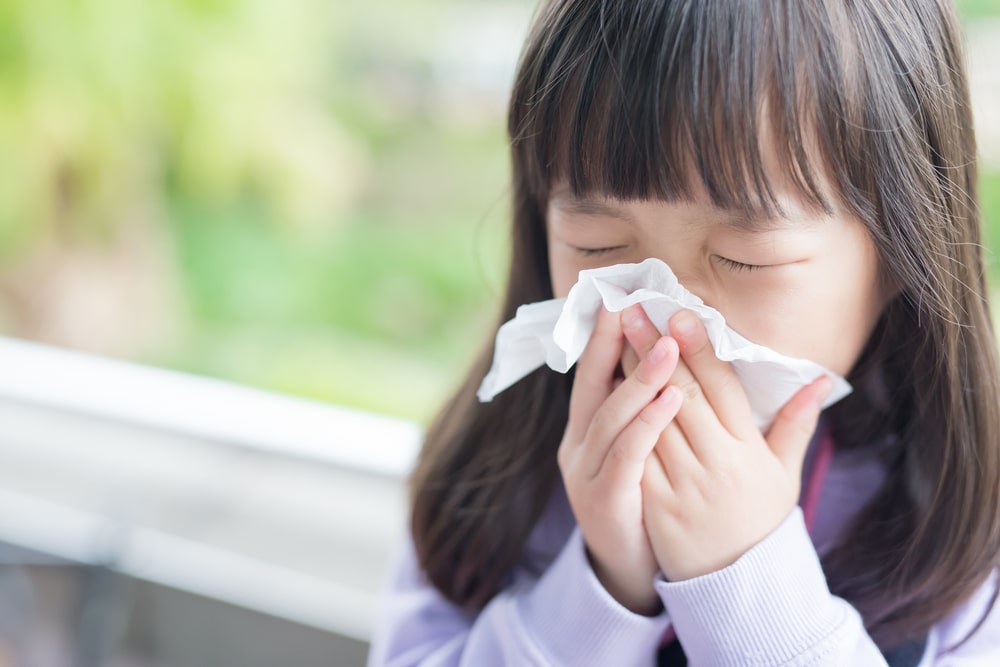If you’ve noticed yourself or a loved one feeling high levels of stress, anxiety, or sadness during the fall and winter seasons, the reason is likely holiday depression. Even individuals who don’t normally suffer from depression are vulnerable to holiday stress. Are you prepared to handle seasonal depression when it surfaces?
Seasonal depression takes many forms and can have any number of causes. This holiday season, don’t force yourself to weather the storm alone. Recognizing seasonal depression for what it is and seeking treatment is immensely helpful for your mental health and happiness during this time of year. Let’s take a closer look at seasonal depression and how you can help yourself.
Potential Causes
Seasonal depression is usually attributable to one of several causes:
- Social isolation
- Mourning a loved one
- Too many holiday commitments
- Lack of sunlight
Coping with the loss of a loved one is especially difficult as you try to move on with your first holiday without them. It’s easy to get lost in memories or wishing they were still here. Add that to the stress of keeping up with different holiday events, parties, and commitments, and you have a recipe for seasonal depression.
Another potential cause is a simple lack of sunlight. As the days grow shorter, your circadian rhythm is thrown off and your body can produce less serotonin to keep you alert and happy. This can lead to fatigue, a significant contributing factor to seasonal affective disorder (SAD).

Medical Treatments
Once you notice symptoms of depression in yourself or a loved one, your first step should be talking to a doctor. They can give you an official diagnosis and help you find the best treatment for your situation. From antidepressants to light therapy, the doctor will know which treatment is best suited to your seasonal depression and help you find the right solution.
Additionally, ask your doctor about counseling services. Mental health experts can confirm that talk therapy and counseling are excellent ways to treat depression, even the holiday blues.
Pro Tip: Seasonal depression is just as valid as clinical depression or any other health condition. If you find it difficult to cope with holiday stress, don’t be afraid to get help.
Self-Treatments
In addition to professional medical treatment, you have several options for self-care this holiday season. While none of these is any substitute for professional help, they are shown to improve your mood in the short term and help you stay on track to get better. These choices include:
- Go for a quiet walk in nature
- Don’t overcommit your holiday schedule
- Start observing a new tradition
- Volunteer or help out a friend
- Keep your home brightly lit
Don’t Neglect Your Mental Health
Holiday depression is a very real condition with far-reaching consequences. If you find yourself dealing with high levels of stress and feelings of depression this fall or winter, take the time to find out what’s wrong and how to fix it. Your mental health and well-being should always take priority over other commitments or holiday activities.
Connect with us to learn more about boosting your mental health and enjoying true holiday cheer this year!




